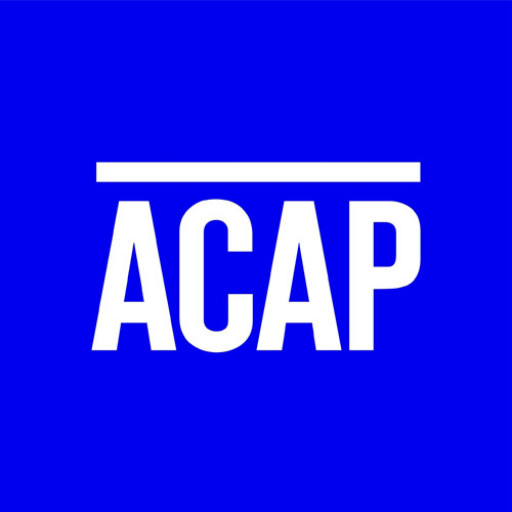Photos of university / #uniofadelaide
The University of Adelaide offers a comprehensive Graduate Diploma and Master of Counselling and Psychotherapy designed to equip students with the essential skills and knowledge to succeed as professional counsellors and psychotherapists. These programs are tailored to provide a strong theoretical foundation combined with practical training, ensuring graduates are prepared to address a wide range of psychological and emotional challenges faced by individuals, couples, families, and communities. The curriculum covers core areas such as human development, counselling theories, ethical and professional practice, and specialized approaches including cognitive-behavioural therapy, narrative therapy, and mindfulness-based interventions. Students will engage in supervised clinical placements that allow them to apply their learning in real-world settings, fostering confidence and competence in therapeutic practice. The programs are suitable for individuals seeking to develop a career in mental health services, community organizations, or private practice. Designed with flexibility in mind, the coursework accommodates both full-time and part-time study options, enabling students to balance their education with work and personal commitments. The University of Adelaide’s faculty of experienced practitioners and researchers ensures that students learn from experts actively engaged in advancing counselling and psychotherapy practices. Upon graduation, students will have met the necessary accreditation standards and be well-positioned to undertake registration and employment in various counselling roles across different sectors. The programs emphasize ethical practice, cultural sensitivity, and ongoing professional development, preparing graduates to contribute positively to individuals’ mental health and wellbeing throughout their careers.
Candidates are able to apply for registration with the Counselling Association of South Australia, Psychotherapy and Counselling Federation of Australia (PACFA) and the Australian Counselling Association (ACA) and Could be Recorded with the Australian Register of Counsellors and Psychotherapists.
Graduate Diploma in Counselling and Psychotherapy, Also CV/resume and Also a 500 word statement outlining motivation for undertaking the App, plus interview
The University of Adelaide offers various financing options for students enrolled in its Counselling and Psychotherapy programs. Domestic students may be eligible for government funding schemes, including Commonwealth-supported places (CSP), which significantly subsidize the cost of tuition. These schemes help reduce the financial burden and make higher education more accessible. Additionally, students can apply for a range of scholarships offered by the university, aimed at supporting students in financial need, outstanding academic achievement, or specific demographic groups. International students are generally required to pay full tuition fees, but some scholarships and bursaries are available to offset costs, depending on eligibility. Payment options typically include upfront payment, payment plans, or loans where applicable. The university also provides guidance on financial planning, including advice on operating costs, semester-specific fees, and other related expenses such as textbooks, registration, and placement costs. It is advisable for prospective students to consult the university’s official website or contact the admissions office for the most up-to-date and detailed information regarding tuition fees, available financial aid, scholarships, and payment arrangements specific to the Counselling and Psychotherapy program. Overall, the university's commitment to accessible higher education is reflected in its various financial support options, designed to help students complete their studies with manageable financial obligations while focusing on their academic and professional development in counselling and psychotherapy.
The University of Adelaide offers a comprehensive program in Counselling and Psychotherapy designed to prepare students for professional practice in mental health and related fields. The program emphasizes the development of practical skills, theoretical knowledge, and ethical understanding necessary for effective counselling and psychotherapy practice. Students will engage in a variety of coursework covering core areas such as human development, psychological theories, counselling techniques, ethical and professional standards, and diverse client populations. The curriculum integrates both face-to-face and practical training components, including supervised placements, to ensure students gain real-world experience in supporting individuals with mental health issues, emotional difficulties, and behavioural challenges. The program is structured to progressively build competencies, starting with foundational topics and advancing toward more complex clinical skills. Opportunities for research, reflection, and professional development are incorporated throughout the coursework to foster critical thinking and lifelong learning.
Graduates of the program are equipped with the skills necessary to work effectively in various settings, including private practice, community organizations, hospitals, and educational institutions. The program aligns with national standards for counselling and psychotherapy practice, preparing students for registration or accreditation as mental health professionals. The faculty delivering the program is composed of experts in psychology, counselling, and psychotherapy, ensuring that students receive high-quality education rooted in current research and clinical best practices. The university also offers avenues for further specialization, allowing graduates to pursue postgraduate studies or certifications in niche areas such as counselling children and adolescents, trauma therapy, or substance abuse counselling.
Overall, the program at the University of Adelaide aims to develop empathetic, ethical, and competent practitioners ready to address the diverse mental health needs of the community. Students are supported throughout their learning journey by a range of academic and clinical resources, including access to counselling services, peer support networks, and professional development workshops. Upon completion, graduates can contribute positively to individual well-being, societal mental health, and the advancement of counselling and psychotherapy fields.







